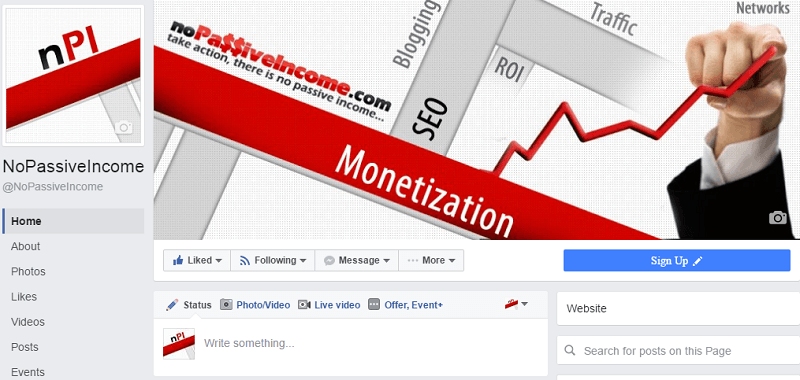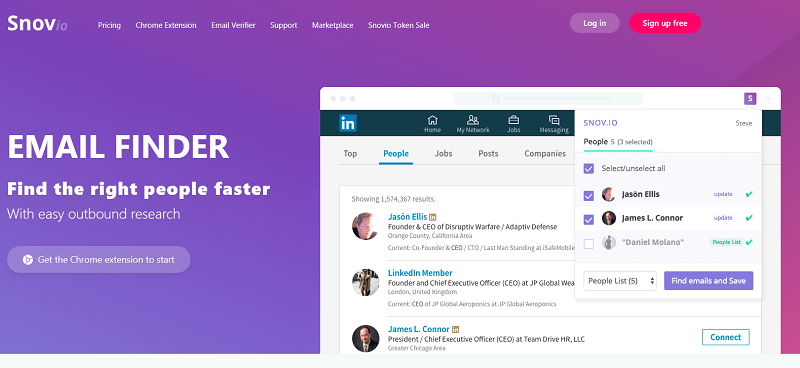Ever feel like money slips through your fingers no matter how hard you try? You budget. You save. You hustle. And still, it feels like you’re on a treadmill going nowhere. If you’ve ever told yourself, “I’m just bad with money,” it’s time to stop. You’re not bad with money—you’re just following the wrong rules.
It’s not a flaw in you. It’s a flaw in the system you were taught to trust.
Table of Contents
The Rules You Were Taught Were Never Meant to Make You Wealthy

Credit: freepik
Most of the traditional financial advice we grew up with was designed to keep us safe—not rich.
“Get a stable job, save 10%, don’t take risks, buy a house, and retire at 65.” Sound familiar?
These rules were built for a different time. A time when wages matched inflation, job security was a given, and a single income could comfortably support a family of four. That world doesn’t exist anymore. And if you’re still operating under those outdated rules, you’ll always feel like you’re behind. So, it’s time to get familiar with financial advice that can help you meet your financial goals.
Saving Alone Won’t Set You Free
Saving money is important—but it’s not the whole game. You can cut back on lattes, cook every meal at home, cancel your streaming subscriptions…and still feel stuck. Why? Because frugality without strategy is just scarcity in disguise.
Wealth isn’t built by pinching pennies. It’s built by multiplying what you already have. The people who build real financial freedom focus on assets—not just cutting expenses. They ask, “How can I make my money work harder than I do?”
Passive Income Isn’t Optional—It’s Essential
If you’re relying solely on active income—trading time for money—you’re always one missed paycheck away from crisis. That’s not financial stability. That’s a tightrope walk.
Passive income is the foundation of financial resilience. Whether it’s dividends, rental income, digital products, affiliate marketing, or automated online businesses—it’s the income you earn even when you’re not clocking in.
The sooner you stop thinking of passive income as a luxury and start treating it as a necessity, the faster everything shifts.
You Don’t Need More Discipline—You Need a Better System
Most people think financial success is about discipline—strict budgets, iron-willed self-control, spreadsheets galore.
But discipline fades. Systems don’t.
If you automate your savings, set up recurring investments, and create income-generating assets that run without constant effort, you remove the need for willpower. And you free up your energy for things that actually matter—like growth, creativity, and time.
This is what financially free people do. They design systems that carry them forward, even on their worst days.
Smart Credit Can Be a Strategic Tool
Most people treat credit like a trap—but used wisely, it can be a powerful financial lever. It’s not about maxing out cards or racking up debt you can’t handle—it’s about using flexible funding when you need it to fuel momentum.
Consider applying for a line of credit from Fora Credit, for example. You only pay interest on what you actually draw—not your full credit limit. There are no origination fees, no annual fees, no draw fees, and no late fees. It’s a flexible option that gives you breathing room without punishing you for using it strategically.
Whether you’re dealing with a sudden home repair or unexpected medical expense, this kind of access to credit—without the usual strings—can be a game-changer.
Stop Waiting for Permission to Play Bigger
Another lie we’re taught? That wealth is only for a certain kind of person—those born into it, those with fancy degrees, those who “know what they’re doing.”
It’s not true.
The financial world might try to gatekeep with jargon and complexity, but the basics are simple: earn more than you spend, invest the difference, and create income streams that aren’t tied to your time.
You don’t need a finance degree to understand that. You just need to be bold enough to step outside the box society handed you.
Your Mindset Is Your Greatest Asset
You can learn every tactic in the world—investing, budgeting, entrepreneurship—but if you still believe money is hard to earn, hard to keep, or not meant for people like you, you’ll sabotage yourself.
Financial transformation starts with mindset. Do you believe you’re capable of building wealth? Do you believe money is a tool—not a burden? Do you believe you deserve more?
Because if you don’t believe it’s possible, you won’t take the actions that make it real.
Rewrite Your Financial Playbook
You don’t have to play by rules that were never meant to serve you.
You can choose a different path. One that’s rooted in smart income strategies, financial autonomy, and systems that compound over time. One that aligns with the life you actually want—not the life someone else told you to settle for.
The truth is, you’re not bad with money. You’re powerful. You’re resourceful. You’re capable of creating something extraordinary.
You just need a new playbook.
And now, you know where to start.























